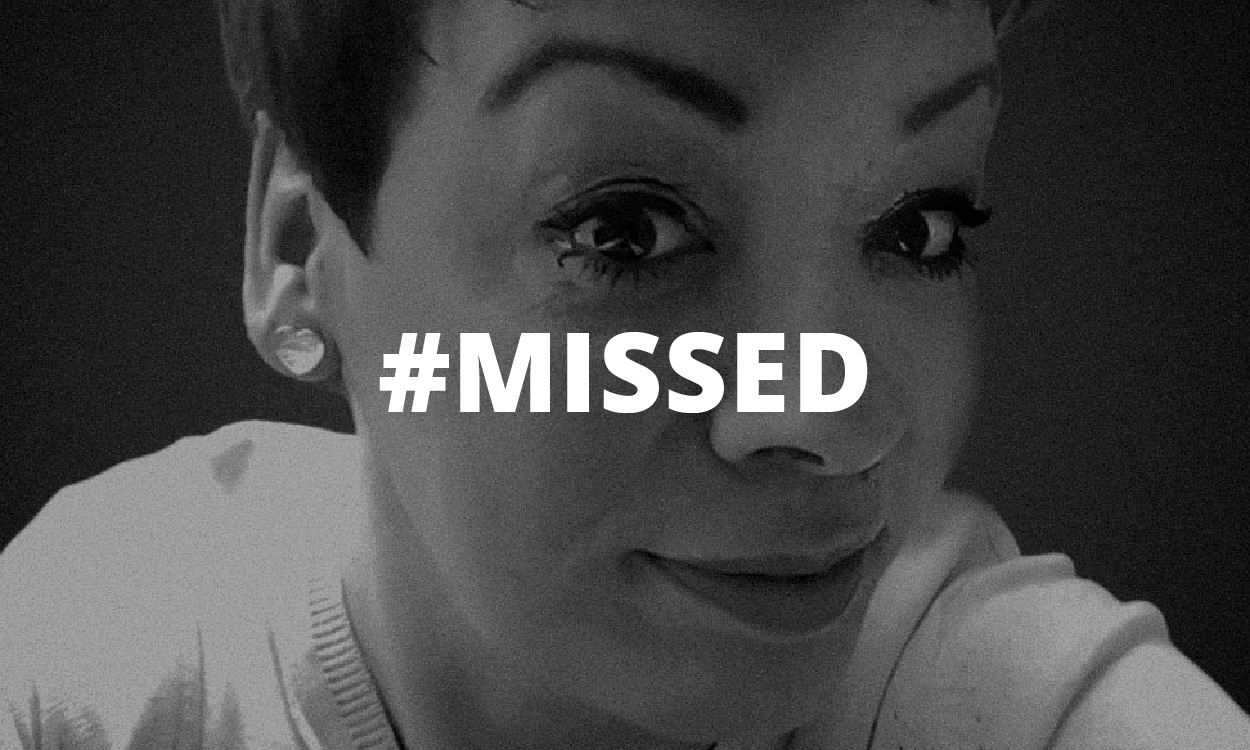“Pops, I’m not afraid of dying, I’m just afraid of what I’m leaving behind. I want to see my girls get married, I want to see my Grandchildren.”
“Our beautiful daughter Diana died of pancreatic cancer seven years ago, aged just 46. Diana was our pride and joy. She was a Daddy’s girl. We want to do everything we can to keep her memory alive."

“Her issues began with a gynae problem, which was operated on in 2015. Post-operative sessions with Diana were fraught because she still had the pain that she was operated on in the first place. I remember saying to her that the pain wouldn’t necessarily be from her gynae operation and that she should go back to her GP. She had pain in her tummy upper left quadrant that radiated into her back. Now I know that’s the classic symptoms of pancreatic cancer, but we didn’t know this at the time. She was diagnosed with a UTI, she had a colonoscopy for diverticular disease, she had a gallstone scan, and she had an ultrasound scan. Her ultrasound scan came back clear, and we know now that ultrasound scans are not good at picking up pancreatic cancer symptoms. We fought and fought for a CT scan and I was on the verge of buying it privately when the doctors finally consented to give her a CT scan.
“Diana was out shopping with her mother when her GP rang to say they had found a cancerous lesion on her pancreas. We felt bewilderment and fear. Diana sort of went into an abyss of fear for a while. And she became determined, and we started looking into it and everything fell into place. She’d had pale stools, she had dark urine, pain in her tummy in the upper left quadrant, back pain – all classic pancreatic cancer symptoms. She was unfortunately diagnosed with stage 4 pancreatic cancer and was given a very poor prognosis of life expectancy. Nevertheless, she had a very good oncologist and Diana underwent three different types of chemotherapy, radiotherapy and every treatment going.
“And then unfortunately she suddenly took a turn for the worse and, as in most cases of pancreatic cancer, it went into her liver. We nursed Diana at home for most of the nine months she lived post-diagnosis. She was a fit, healthy woman, but she went down from 10.5 stone to 7 stone. She was skin and bones. She couldn’t eat and had all the symptoms of intermittent diarrhoea and vomiting. She had sepsis twice from the chemotherapy and was blue-lighted to hospital twice. It was a harrowing, harrowing time.
“The whole family was just bereft because we knew, and Diana knew, that she was dying. The end came very suddenly when she nosedived with sepsis again. Her palliative care consultant advised us to stop the chemotherapy because the chemotherapy was killing her quicker than the cancer because her immune system was completely rock bottom. She had nothing in her body to fight the disease and I talked to Diana, and she made the decision herself to stop doing the chemotherapy. In stopping it, we know now that she gave up at that point, understandably so. She said to me ‘Pops, I’m not afraid of dying, I’m just afraid of what I’m leaving behind. I want to see my girls get married, I want to see my Grandchildren.’
“She was 46 and incredibly young. And you are sat there as a father thinking this isn’t right, this should be me, not her. One day, she was so bad that we called for an ambulance, and they took us into the unit, and she was there for three days. She was crying out in pain. The palliative care consultant said to her ‘Diana, if your heart stops, we won’t resuscitate you. You need to know that as it would be unfair on you.’ And Diana turned to me and she said ‘Pops, please let me die without pain and in dignity’ and I promised I would do that”.
“I went into hospital in the morning on the day she died. Her husband had been with her overnight and he said she was writhing in pain. It was a weekend; consultants weren’t in the hospital. I demanded that the palliative care consultant be made contactable, and I eventually got through to her at home. I told her Diana was in pain and the promise we’d made to her. I remember she said to me that if we upped her drugs anymore, she’d go into a coma, and we wouldn’t be able to talk to her. And I said, ‘It’s not about us talking to her, it’s about her dying without pain and with dignity’.
“They upped her drugs and Diana died that evening. Only her youngest daughter Beckie and Mark, Diana’s husband were present. My wife and I, along with Diana’s eldest daughter Charlotte and her husband Luke, had barely left the oncology ward after sitting at Diana’s bedside for 12 hours when she passed. I’m sure she waited till her mum and pops had left with Charlotte and Luke before leaving us.
“Afterwards, you carry on with life as best you can and try to come to terms with your grief. And then in October 2020 at the height of Covid, I was given the same diagnosis. Mine was stage 2-3 and in the tail of the pancreas which is the most operable. I was operated on and had chemotherapy and here I am three years later, still alive and refusing to die. The issue with it all for me is that this should have been the other way round. Diana should have survived, and I should have died and as a father that guilt never really goes away.”